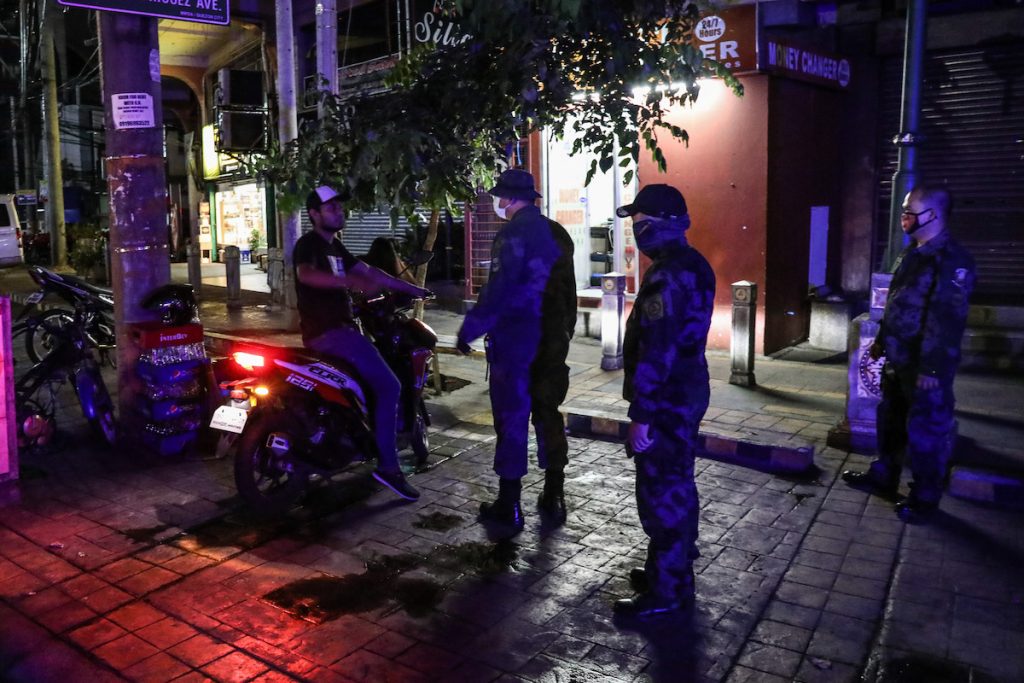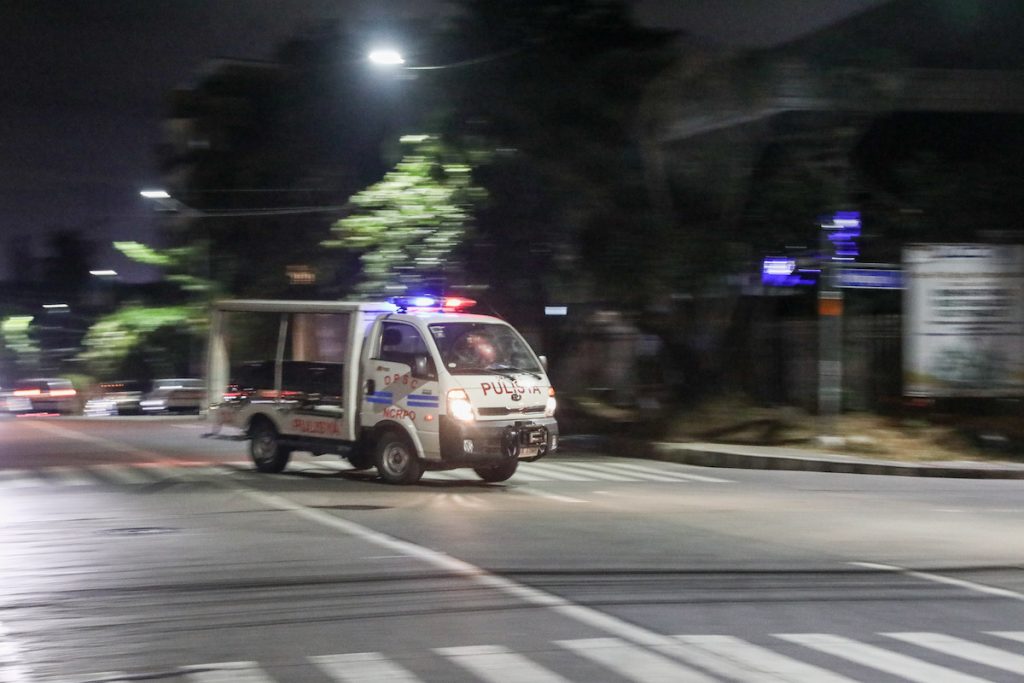Catholic Church leaders in the Philippines called on the government to “plug the gap” in its efforts to address the impact of the new coronavirus on the poor.
The church’s social action arm said the “welfare of the poorest and the most vulnerable” should be considered during the implementation of the lockdown to contain the spread of the virus.
Father Edwin Gariguez, executive director of Caritas Philippines, released recommendations he gathered from various social action ministries and civil society groups across the country.
“We decided to issue an appeal because we want to help the government in responding to this crisis,” he told LiCAS.news.
“We need to help the government find a proper response to this problem,” said the priest.
Caritas Philippines urged the government to distribute free food and medical assistance and give priority to depressed areas in the country’s main island of Luzon during the 30-day lockdown.
President Rodrigo Duterte earlier put all of Luzon under an “enhanced community quarantine” until April 12 to stop the spread of infection from the new coronavirus.


Duterte said public movement would be restricted to only buying food, medicine, and other essential items necessary for survival.
In a phone interview, Father Gariguez said the presidential office should consider “freeing up” its $182 million intelligence fund and use it “to support the daily basic needs of the impoverished.”
The priest stressed the need to provide emergency assistance packages to workers and low-income earners to compensate for the loss of wages during the forced-quarantine period.
“It should be in the form of comprehensive financial assistance and unemployment benefits and not loans,” said the priest.
On March 17, the country’s labor department issued guidelines for workers affected by the lockdown.
The guidelines include one-time financial assistance of $100 “to cover the remaining unpaid leave of the affected workers.”
Father Gariguez, however, said the amount is not enough to help workers survive the month-long quarantine.
“It has to be more than that amount,” he said.
In its appeal to the government, Caritas Philippines also noted that treatment for those infected should be made readily available and paid for by the government.
“Mass testing should be conducted in all areas as a prevention and containment measure,” read the statement released by the group.
“There is emerging evidence of best practices from other countries on how testing can be ramped up and scaled up,” it added.
Father Gariguez said a plan for a “house-to-house approach” in mass testing and disease detection should be developed, considering that hospitals are already full because of other illnesses.
The Philippines has a 101,688-bed capacity in all its 1,224 government hospitals. Private hospitals only have a capacity of 54,317 beds.
Caritas Philippines urged the public and private sectors to help the government in doing “mass disinfection” in areas where people usually congregate.
The social action arm also called for the deployment of health professionals at checkpoints instead of military personnel.
“We are confronting a health crisis, not a military problem. Extreme compassion should be exercised at all times,” read the Caritas appeal.
Other recommendations include a moratorium on public financial obligations.
“Filipino families must be un-burdened with these obligations at a time when the preoccupation should be prevention, containment, and treatment,” said the group.


The Catholic humanitarian arm called for the establishment of a “community-level citizens desk” that will serve as “feedback, grievance, and action mechanism.”
It urged the government to “speak in a unified voice,” adding that the health department should be the sole source of information and direction to avoid confusion and miscommunication.
Father Gariguez said the recommendations aim to improve the country’s response to the crisis and “avoid civil disobedience or a possible uprising because of the disgruntled public.”
The priest also encouraged church institutions and civil society groups to prepare their respective humanitarian responses, especially after the imposed enhanced community quarantine.
“The government will be needing our help in assisting the public, especially the poor and the impoverished, stand on their own feet again,” he said.
“The real and harder challenge will come in the coming days. We must be ready to extend our arms to the government. We must be always ready to care for the poor,” said the priest.


